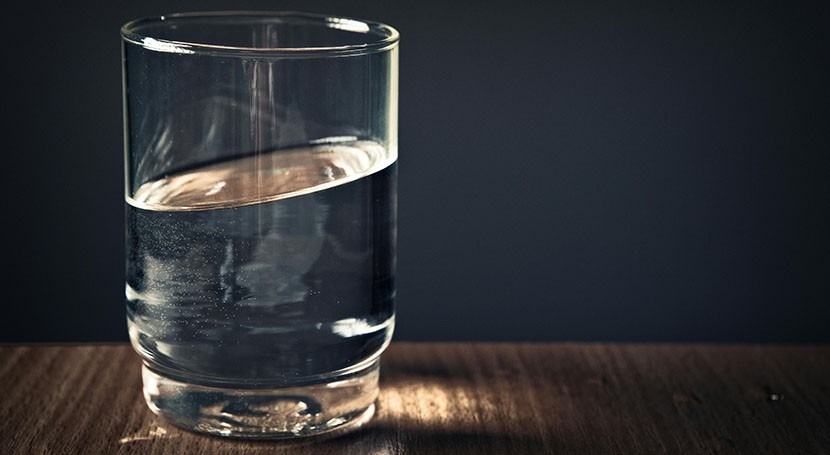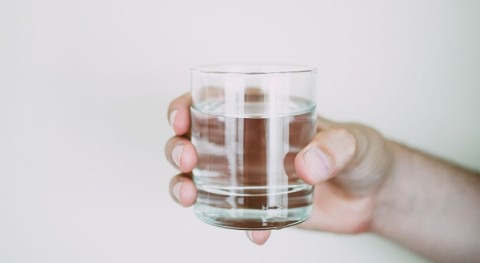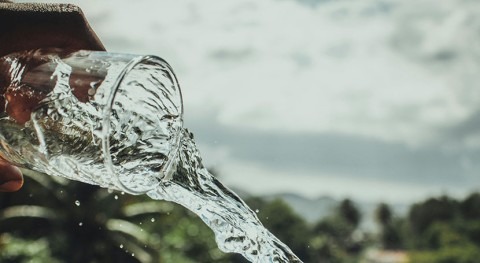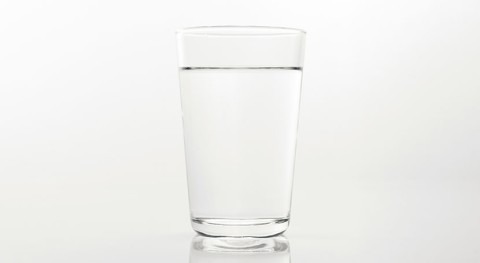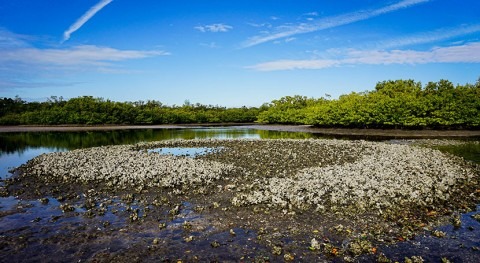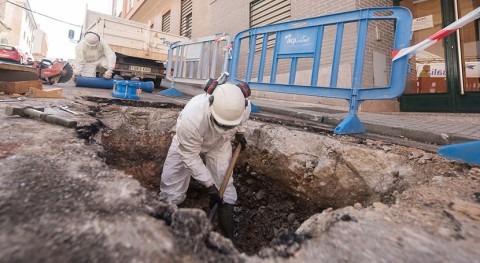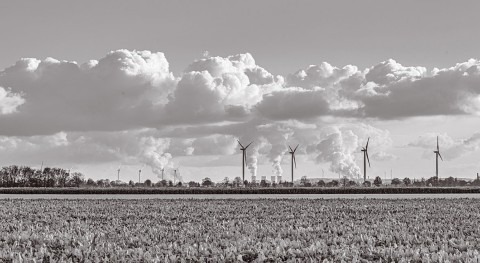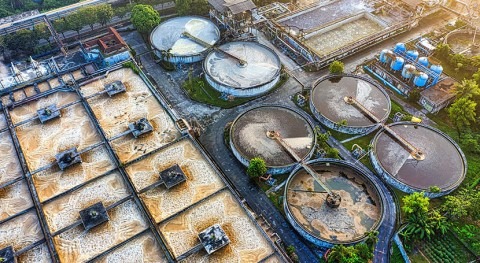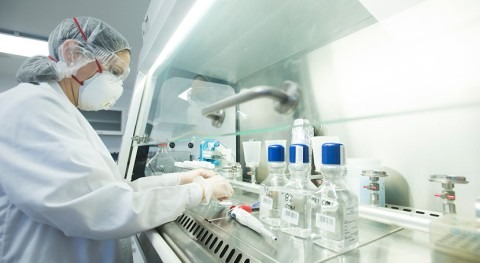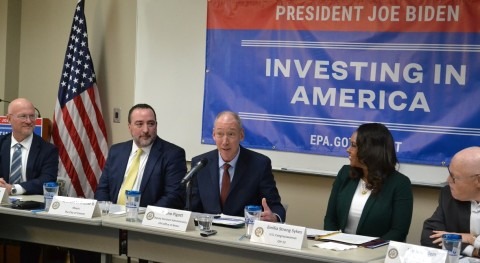The Environmental Protection Agency, along with the Department of Justice and the United States Attorney for the Southern District of New York, announced a settlement with the Westchester Joint Water Works (WJWW), the town/village of Harrison, the village of Mamaroneck, and the town of Mamaroneck (collectively, the defendants) for violation of the federal Safe Drinking Water Act (SDWA) in 2019 due to the presence of contaminants that are known to threaten public health in the public water system in excess of the level set by EPA. Thereafter, WJWW violated an EPA administrative order requiring the construction of a water filtration plant by specified deadlines.
“Everyone living in the United States deserves safe drinking water,” said Assistant Administrator David M. Uhlmann of EPA’s Office of Enforcement and Compliance Assurance. “Today’s agreement requires Westchester Joint Water Works to construct a new filtration system to prevent contaminated drinking water and to protect the quality of water for a water system that serves multiple communities, including at least one that has been overburdened by environmental impacts. Westchester residents should expect nothing less.”
“Today’s agreement kickstarts a path to ensuring a reliable and healthy source of water for 120,000 residents of Westchester County. The building of a much-needed water filtration plant will address the source of the Safe Drinking Water Act violations and will help secure the area’s long-term needs,” said Assistant Attorney General Todd Kim for the Justice Department’s Environment and Natural Resources Division.
WJWW violated an EPA administrative order requiring the construction of a water filtration plant by specified deadlines
“Public water systems have the critical responsibility of ensuring that our communities have safe drinking water. Thanks to today’s settlement, Westchester Joint Water Works will finally construct a long-delayed drinking water filtration facility to protect the Westchester County communities it serves,” said United States Attorney Damian Williams.
“WJWW will build a drinking water filtration plant that will ensure clean and safe drinking water for 120,000 people in Westchester County, immediately pay a $600,000 civil penalty to the federal government and implement a $900,000 Supplemental Environmental Project to improve source water quality through decreased stormwater discharge into the Rye Lake section of the Kensico Reservoir,” said EPA Region 2 Regional Administrator Lisa F. Garcia. “We are happy to partner with the State of New York to address this long-standing violation of the Safe Drinking Water Act and protect public health.”
According to the complaint filed along with the consent decree, the defendants failed to ensure that the drinking water they supply to approximately 120,000 Westchester County residents complies with federal limits on potentially cancer-causing disinfection byproducts resulting from water treatment. Specifically, the defendants own and/or operate a public water system.
In 2019, WJWW violated the SDWA and its Stage 2 Disinfectants and Disinfection Byproducts Rule because it supplied water exceeding legal limits for certain chemicals resulting from the disinfection process — specifically, five regulated haloacetic acids known as HAA5. Epidemiological studies have supported a potential association between disinfection byproduct exposure and bladder cancer and suggested an association with colon and rectal cancers. Additionally, exposure to chlorinated drinking water or disinfection byproducts may cause adverse developmental or reproductive health effects.
Although WJWW has taken certain short-term measures to mitigate risk to its consumers, defendants have failed to implement necessary corrective actions — including WJWW’s failure to construct and operate a filtration plant required by an EPA administrative order and the Surface Water Treatment Rule of the SDWA.
The consent decree establishes various interim deadlines for the drinking water filtration plant construction project and requires WJWW to continue to implement measures to ensure the safety of its water supply until the filtration plant is operational. The consent decree also requires WJWW to pay a $600,000 civil penalty to the United States. In addition, WJWW agreed to spend at least $900,000 on a supplemental environmental project to modify an extended detention basin in the Rye Lake portion of the Kensico Reservoir and manage invasive species in the area. This supplemental environmental project is expected to improve source water quality in the reservoir by decreasing natural organic material and turbidity. Compliance with the SDWA is not only a public health necessity but also a matter of environmental justice. At least one of the municipalities relying on defendants’ drinking water is overburdened and underserved, facing disproportionate environmental impacts and other burdens.
Increasing compliance with Drinking Water Standards is part of EPA’s Office of Enforcement and Compliance Assurance National Enforcement and Compliance Initiative for Fiscal Years 2024-2027. This initiative seeks to ensure that the approximately 50,000 regulated drinking water systems that provide water to residents year-round (referred to as Community Water Systems or CWSs) comply with the SDWA. In FY 2022, 18,282 CWSs had at least one SDWA violation, and 2,854 of those systems had a health-based violation. Many overburdened communities, including those in Indian country, often face challenges meeting their obligations under SDWA.
The State of New York is contemporaneously joining the lawsuit to assert its own claims under state law and a previously entered state court judgment requiring the construction and operation of a filtration plant. The consent decree resolves claims by New York to enforce a previous state judgment against WJWW for violating separate regulations requiring the implementation of filtration. In addition to the construction of the filtration facility, the defendants will pay New York a $650,000 civil penalty and spend at least $6.8 million on two state water quality benefit projects.
The consent decree is subject to public comment and approval by the court. Notice of the proposed consent decree will be published in the Federal Register, and the public will have the opportunity to submit comments on the consent decree for a period of at least 30 days before the parties seek the court’s approval.


